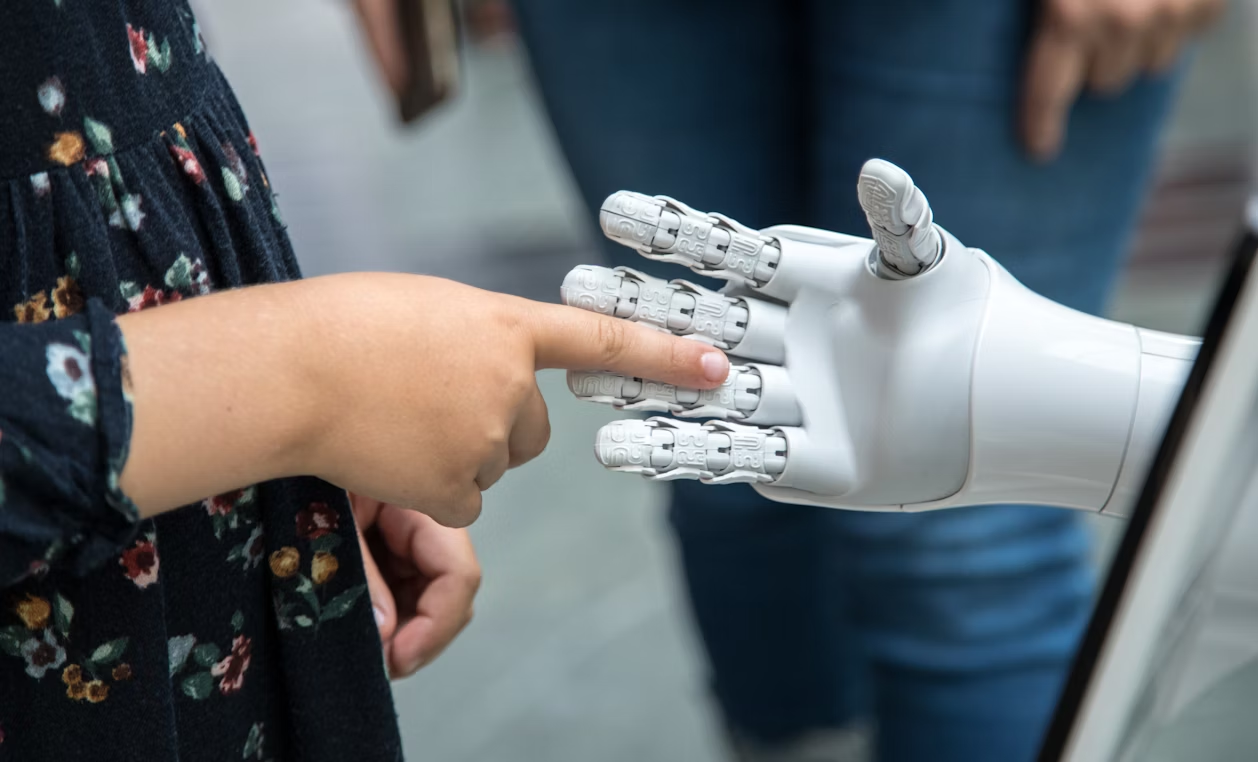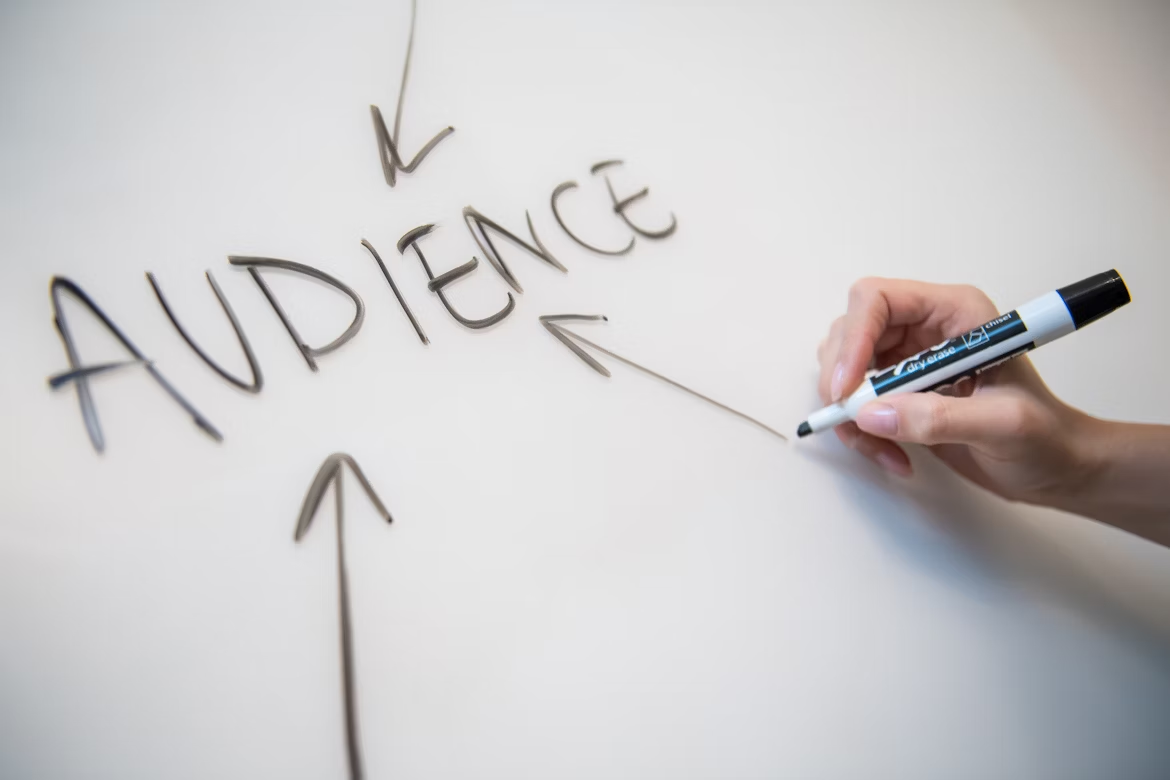It’s happening right now, but only the observant are noticing it. With each passing day, AI is moving away from being a tool and more of a co-worker and co-strategist. You only have to think back five years ago when AI was great for simple chatbot functions, and to see how drastically different things are today.
Digital marketing has always been a field that prides itself on being super-agile. It has to be. If you want to excel at marketing, you need to have your finger on the pulse, and right now, AI is the jugular.
Today, let’s get specific and find out how and where AI is manifesting itself with the best efficiency.
AI is Actively Helping With Marketing Strategy

This is probably the biggest shift we’re seeing in 2025. For the longest time, AI was simply used as a tool. Categorize this, find XYZ, brainstorm so and so. However, with how intelligent some of the newer models are getting, businesses and marketers are treating AI like a co-strategist and factoring in AI trends.
As Search Engine Land highlights, one area where this is happening is with SEO. It turns out that 68% of organizations are already shifting their strategies to work with features like Google’s AI overview in search results.
The best part is that these changes are happening everywhere and not just in the heart of Silicon Valley in San Francisco. The Federal Reserve Bank of Dallas recently conducted a survey, which shows that businesses using AI jumped from 20% in 2024 to 36% in 2025. So, when a small roofing business in Texas googles “Best SEO company in Dallas,” and uses their services, they too are indirectly benefiting from AI.
As Triforce confirms, local seo strategy typically involves a lot of effort toward website speed optimization, structured data implementation, and schema markup. These are all areas that businesses across the country need help with, and AI is increasingly being used in these areas by digital marketers.
Joint Collaboration with Human + AI Agents is the Future

This is another aspect that needs to be emphasized. There was a brief period of time when businesses and marketers thought that they could simply outsource work to AI. However, one emerging discovery is that even if AI can outperform human workers, it is still beneficial to work together.
This is particularly the case with smaller businesses that finally feel like they have a new stepping stone to compete with the competition. A recent article in the New York Post highlights a poll by ActiveCampaign conducted by Talker Research. The data from the survey of over 1,000 American business owners found that 75% believed that AI can help compete with larger businesses.
82% of them are using AI for marketing, which can be further broken down into three key collaborative areas. These include brainstorming at 52%, automation at 48% and validating and analyzing marketing at 44%.
The benefits of doing this are also backed by hard data. A Boston Consulting Group report reveals that some companies have cut campaign analysis time from over eight hours to just 30 minutes.
Similarly, they were able to cut offer-launch times through AI-driven predictive models and automated testing by over 60%. Another firm used forecast-driven budget shifts to reduce media planning time by 66% and raise brand awareness by 11%.
These results only happen when humans and AI work together instead of in isolated and segregated worlds.
Marketing Strategies Are Finally Caring About Intent

It’s no secret that in the past, the keyword was king. While effective, there’s no doubt that it’s slowly becoming the modern equivalent of a typewriter. Yes, it’s still functional, but why use it when better options exist?
AI has allowed marketing experts to finally see that what users mean matters much more than the keywords they use. This is why there are so many AI tools being developed and used to understand intent. So, with AI helping in this area, the importance of high-volume phrases may start to become less relevant.
Of course, this has some interesting implications as well. A recent article in The Guardian highlights certain concerns by Cambridge researchers who warn of an emerging intention economy. They believe that soon, AI assistants will predict and influence user motivations, which would effectively anticipate needs before people express them.
Are we ready for that as a society? Well, regardless of what you think, businesses and marketing agencies are already preparing for it.
To make a long story short, it’s 2025, and AI is already bringing in so much change. Who knows, by 2030, the entire marketing industry might pivot in a completely new direction. The wave is already here, so rather than falling behind, find a surfboard and ride it out.



































